Around 1% of the world’s population lives on the autism spectrum. That’s over 75 million people, right now, and more are being diagnosed every single year.
Scientists around the world have been working to find out exactly why some people develop autism and, maybe even more importantly, why more people seem to have the neurodevelopmental condition than ever before. Now, a team in Japan believes they may have the answer.
What Is Autism?

Autism, also called autism spectrum disorder or ASD, is a neurodevelopmental condition, not an illness. It simply means that the brain functions slightly differently than those without the condition.
Symptoms of autism can include difficulty communicating with others and understanding how they think or feel, finding bright lights or loud noises overwhelming, anxiety in social situations, and repetitive actions or speech. However, it affects everyone a little differently.
Autism Awareness Has Grown, But the Cause Is Still Unclear

As of 2020, one in every 36 children in the United States over the age of eight had been diagnosed with ASD. What’s especially interesting about this statistic is that, in 2000, only one in every 150 children were living with ASD.
Over the past two decades, the number of people with ASD has grown exponentially. But while awareness and understanding of the condition has grown with it, scientists still don’t know what causes it or why the number of people with ASD has increased.
Autism Could Be Caused by Inflammation of the Nervous System
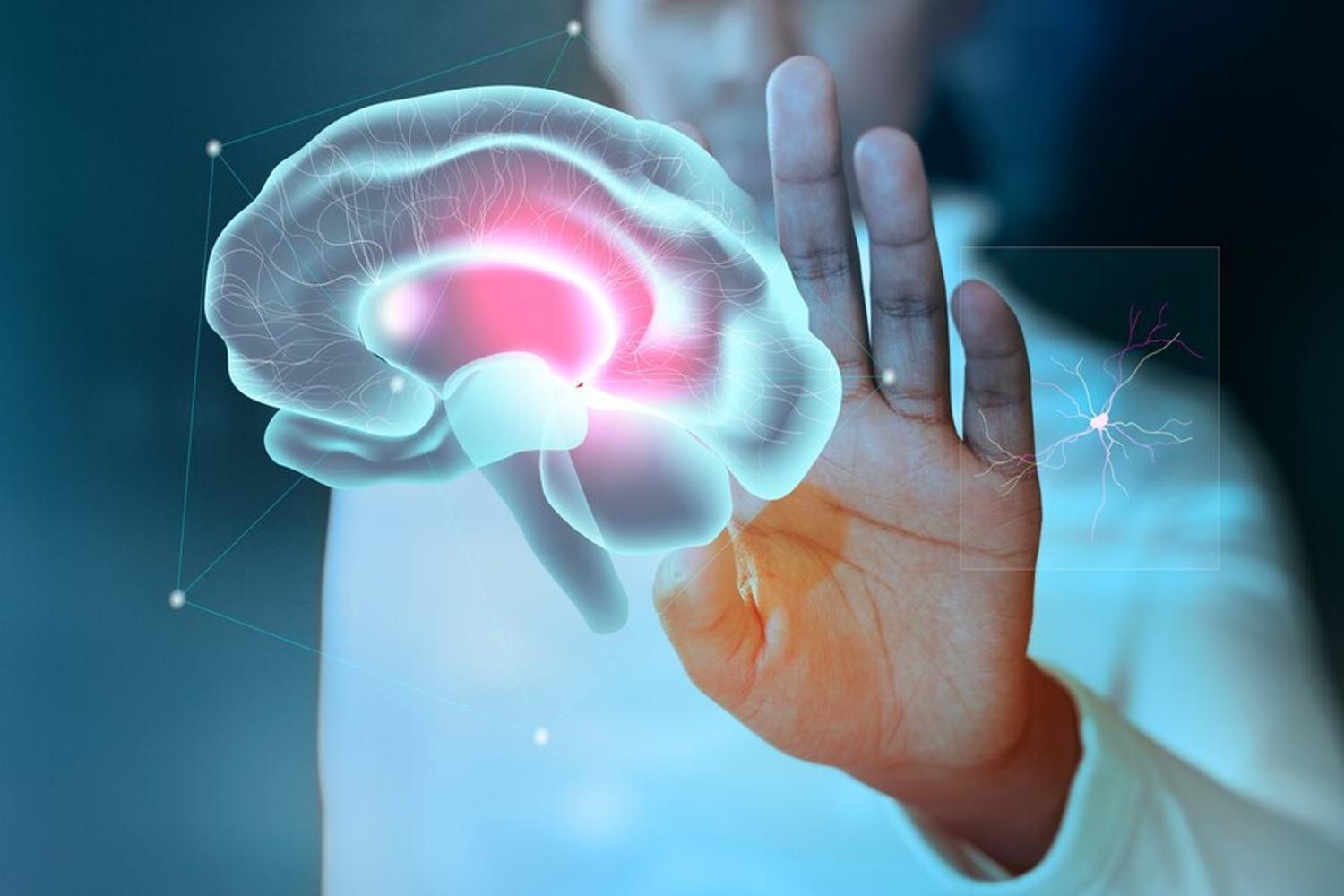
One widely accepted theory is that ASD is caused, at least in part, by inflammation in the central nervous system, which resides in the brain and spinal cord.
Some studies have shown that inflammation in the brain either in utero or in the first few months of life, inflates or thins the brain regions which are linked to the development of autism. But the question remains, what causes the inflammation in the first place?
Study in Japan May Have Found the True Cause of ASD
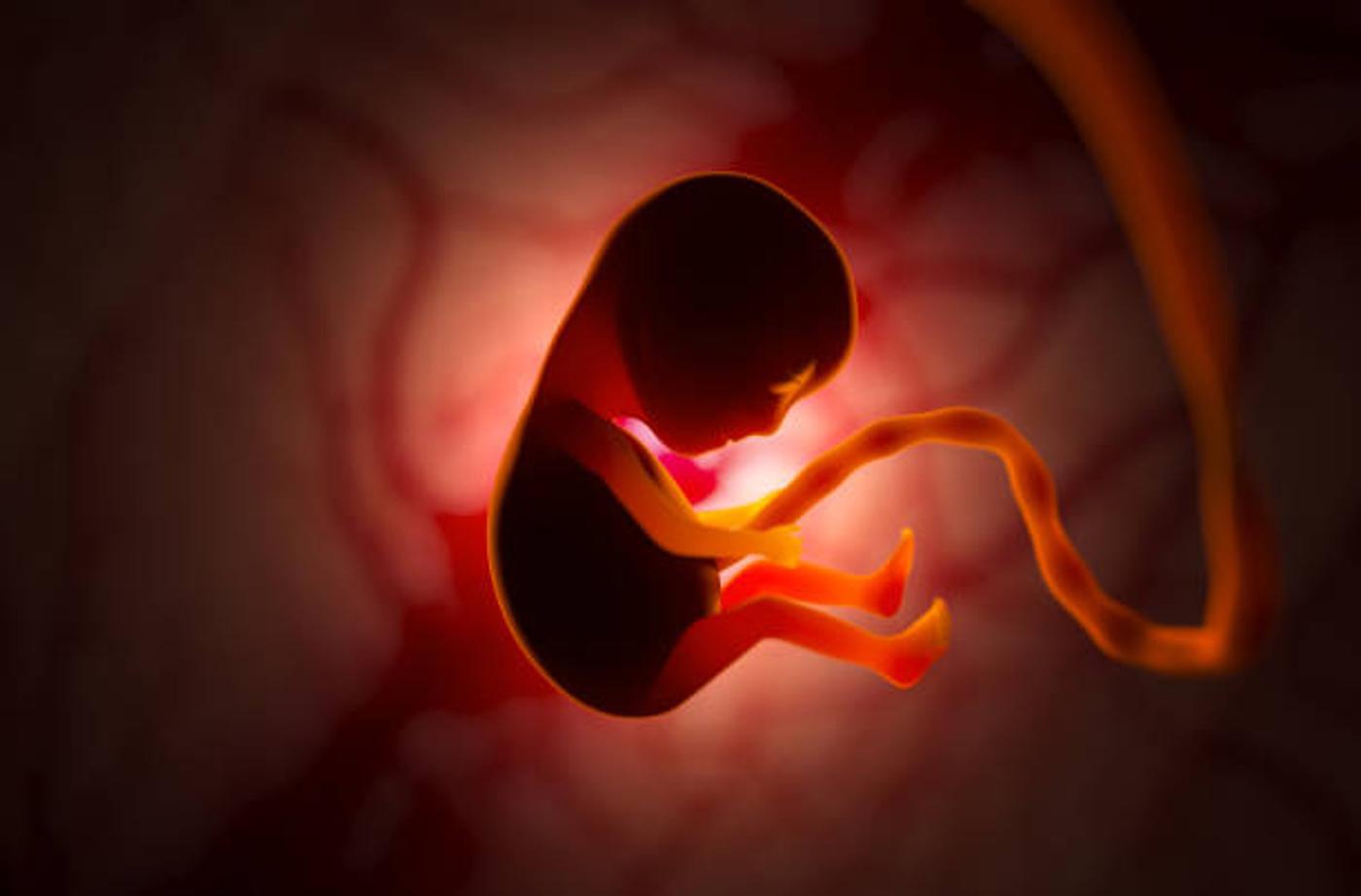
In Fukui, Japan, a team of researchers conducted an extensive study in the hopes of finding an answer to that question.
To do so, the researchers analyzed the preserved neonatal umbilical cord blood of 200 children, and the children themselves once they had turned six. What they found is not only incredibly interesting, but it may change the world forever.
Fatty Acids in Umbilical Cord Blood Might Cause ASD

The study, which was published by the University of Fukui in June 2024, explained that the researchers found “a significant link” between the metabolites found in the umbilical cord blood and the symptoms of ASD.
More specifically, that the level of metabolites of polyunsaturated fatty acids in the umbilical cord during pregnancy directly correlated to whether or not the children experienced symptoms of ASD when they turned six.
What Are Fatty Acids?
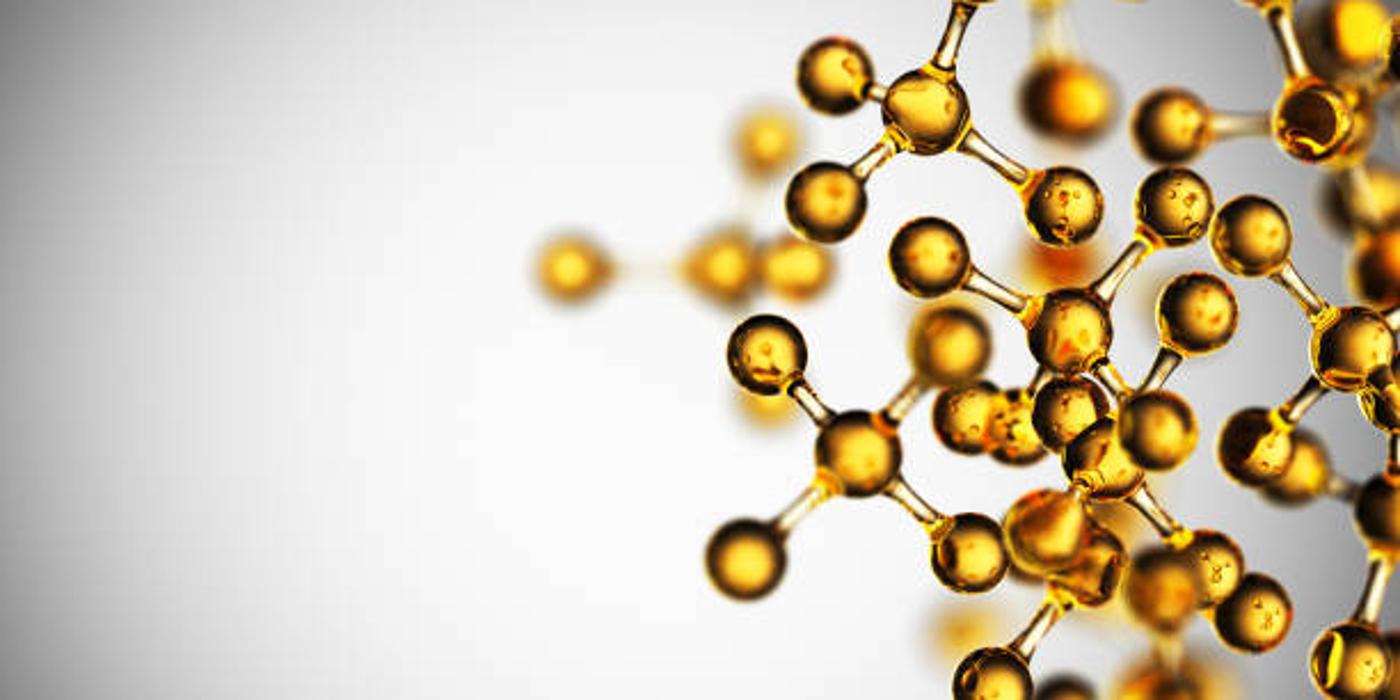
Fatty acids aren’t inherently bad; in fact, they’re necessary for proper bodily function.
Fatty acids are energy sources found in the bloodstream, tissues, and cells of all human beings. However, an overabundance of fatty acids can cause disease, illness, and inflammation.
How Could Fatty Acids Affect ASD Symptoms?
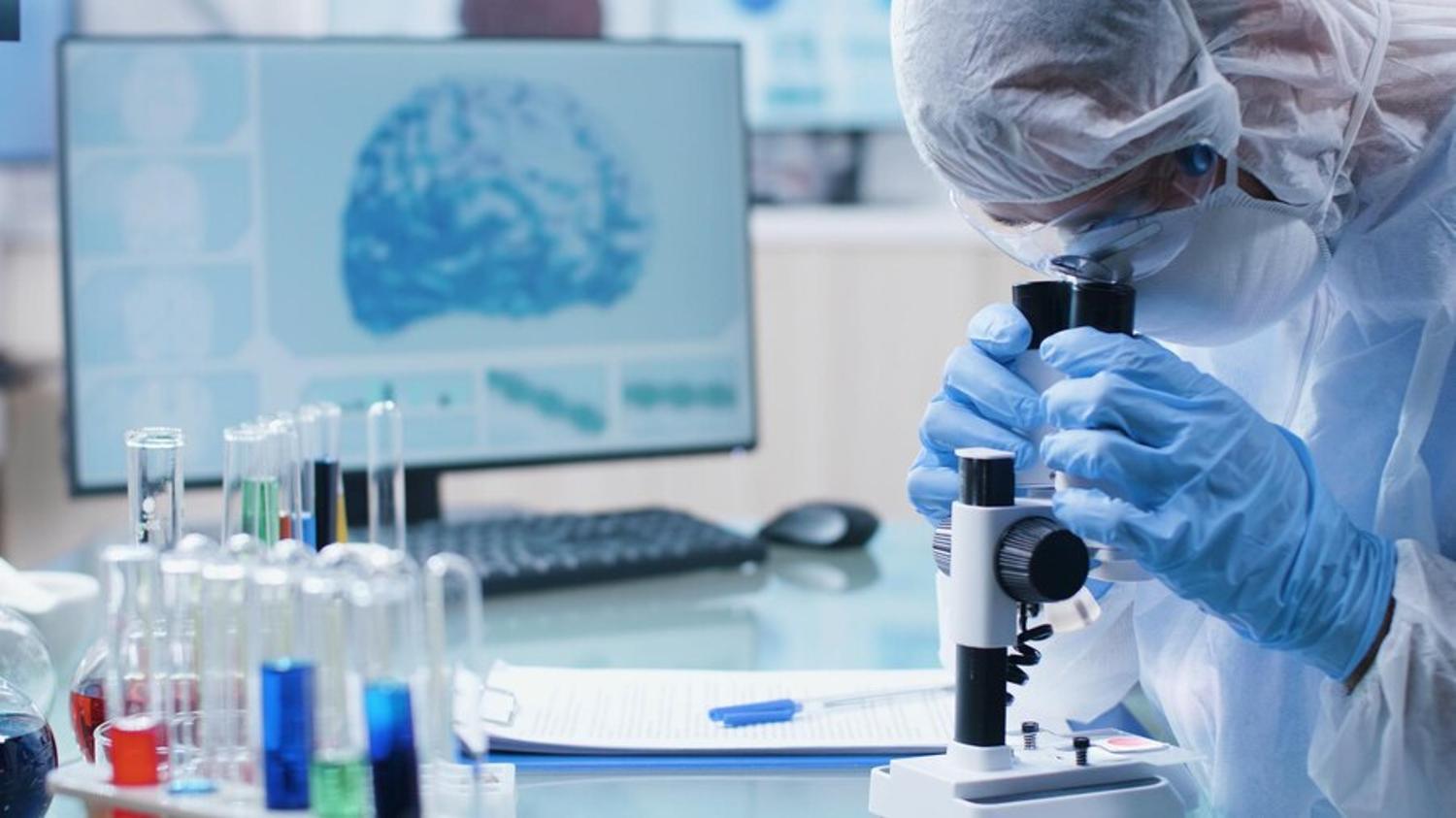
After conducting their study, the researchers in Japan noted that when the polyunsaturated fatty acids were metabolized by a certain enzyme in the body, two more types of fatty acids were produced: one with inflammatory properties and another with anti-inflammatory effects.
Then, they noted that the children with lower levels of the anti-inflammatory fatty acids and higher levels of the inflammatory fatty acids were more likely to experience ASD symptoms.
Finding a Compound in the Blood to Confirm Their Theory

Additionally, the scientists identified a compound in the umbilical cord blood that correlated with the specific symptoms the children with ASD were experiencing.
Higher levels of the compound, known as diHETrE, appeared to influence a child’s social interactions, whereas lower levels led to more repetitive or restrictive behaviors.
A Similar Study Was Previously Conducted on Mice
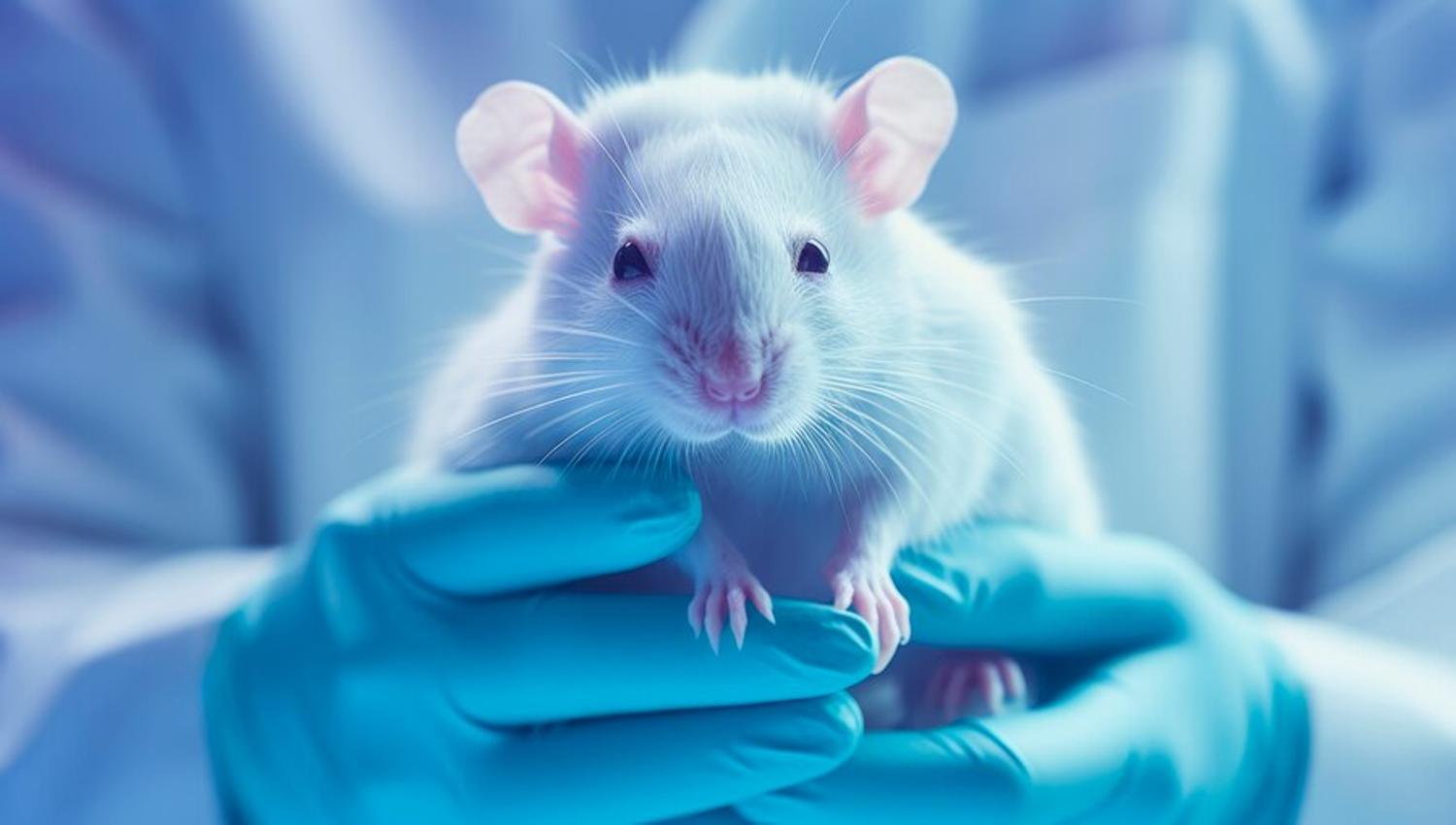
While the study in Japan was the first conducted on human beings, a similar experiment was performed on pregnant mice and published in the Journal of Nutrition in 1998.
That study found almost identical results to that in Japan this year: “levels of polyunsaturated fatty acids affect the fetal development of mice, causing impairments closely linked to ASD symptoms.”
What Does This Information Mean for the Future?

The researchers agree that more research needs to be done before they can say with 100% certainty that the levels of fatty acids in umbilical cord blood.
But if that research proves their theory true, the study says, medical professionals may be able to measure diHETrE in utero and “predict the likelihood of ASD development in children.”
Could This Discovery Prevent ASD?

In addition to predicting whether a child will develop ASD, this research could even eventually prevent the symptoms entirely through the metabolization of diHETrE in utero.
As the study’s authors explained, “This newfound knowledge could be crucial in understanding, diagnosing, and potentially preventing ASD.”








































